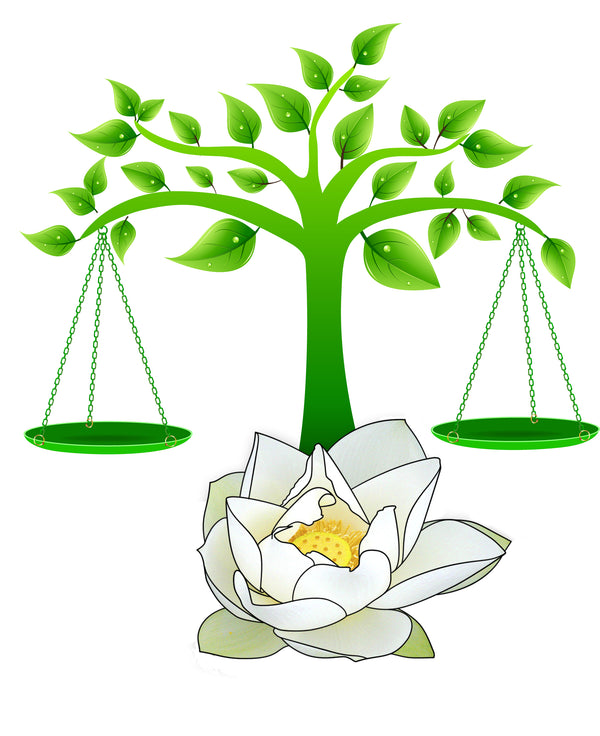
The Power of Active Listening: Enhancing Communication and Building Connections
Susan CwikShare
In a world that seems to be filled with constant chatter and distractions, the art of active listening is often overlooked and undervalued. However, effective communication requires more than just talking; it necessitates genuine engagement and attentiveness. World Listening Day serves as a timely reminder to reflect on the importance of active listening and its transformative impact on our relationships, both personal and professional.
The Value of Listening: We've all encountered individuals who dominate conversations, leaving little room for others to contribute. Such one-sided interactions hinder understanding, hinder problem-solving, and prevent the building of strong connections. True communication involves actively listening to others, taking in their words, thoughts, and emotions. By doing so, we can unlock a myriad of benefits:
-
Understanding and Empathy: Active listening allows us to truly comprehend the perspectives and experiences of others. It fosters empathy, enabling us to connect on a deeper level and develop meaningful relationships. When we listen attentively, we demonstrate that we value and respect the thoughts and feelings of others.
-
Effective Problem-Solving: By patiently listening to others, we gain valuable insights and information. This knowledge empowers us to identify the root causes of problems and find appropriate solutions. Often, the surface-level issue raised by someone may only be a symptom of a larger underlying challenge. Active listening helps us uncover these complexities and address them more effectively.
-
Trust and Respect: When we make a conscious effort to listen, we create an atmosphere of trust and respect. People feel acknowledged and valued when their opinions are heard and considered. This trust forms the foundation of strong relationships, be it with customers, colleagues, or loved ones.
Practicing Active Listening: Active listening involves more than simply hearing the words spoken by others. It requires focused engagement and mindful responses. Here are some techniques to cultivate active listening skills:
-
Be Present: Dedicate your full attention to the speaker, letting go of distractions and preoccupations. Be fully present in the moment and demonstrate your genuine interest in what they have to say.
-
Nonverbal Cues: Use nonverbal cues such as maintaining eye contact, nodding your head, and facing the speaker directly. These gestures show that you are actively engaged and encourage the speaker to continue sharing.
-
Reflect and Clarify: Paraphrase or summarize what you've heard to ensure accurate understanding. This also gives the speaker an opportunity to clarify any misunderstandings. Reflecting back their words demonstrates that you are actively listening and seeking to comprehend their message.
-
Ask Thoughtful Questions: Encourage further dialogue by asking relevant and open-ended questions. This shows your curiosity and eagerness to delve deeper into the subject. Questions also help to clarify and expand upon the speaker's points.
-
Practice Patience: Resist the urge to interrupt or interject your own thoughts prematurely. Allow the speaker to express themselves fully before offering your insights or opinions. Remember, silence can be just as important as speaking.
Conclusion: On this World Listening Day, let us recognize the immense power of active listening in fostering effective communication and building strong connections. By honing our listening skills and valuing the voices of others, we create an environment where ideas flourish, problems are solved, and relationships thrive. So, let's embrace the art of active listening and make it an integral part of our daily interactions. Together, we can transform our conversations and create a world where everyone feels truly heard and understood.
